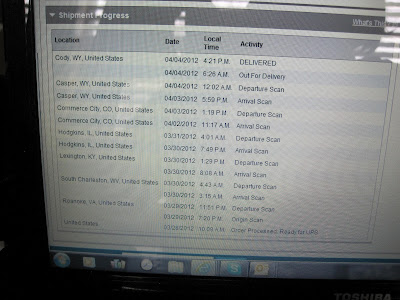According to the book I am currently reading:
Over the course of a year, a five-person family will accumulate 40 pounds of dust, according to one estimate.
I'm not recommending this as good reading, just a comment to bring closure to my Lenten fast from dusting.
(And wondering who makes these kind of estimates.)
I have one more post from my mission trip to Mexico rambling about in my head. I have been hesitant to share it with you. Because you might think less of me after you know this. Because, truthfully, I think less of myself now that I know this about myself.
Remember that my mantra before I left on the trip was "I live to serve." I've actually used this for years. I was fond of using it when my kids were in grade school and would call from the school office to have me deliver something they forgot: a homework assignment, a lunch, a clarinet. A little reminder to myself that if I really lived to serve that I wouldn't feel so put out to actually be called to serve. I'd like to think that I had gotten better at serving as I
got older matured.
But here is what I discovered in Mexico.
( Unfortunately, no, not a lost city of gold.) Even as I endeavor to live to serve, the fact is that I do not like to serve. Unless I get to pick when I serve. And how I serve. And whom I serve. I am happy to plant or paint things. I am less happy to water things with a holey bucket or to wash out the paint brushes. And I am really not happy when you get to plant and I have to water. Or you get to paint and I have to wash out the brushes. And I am downright put out if you
expect me to water your plants or wash out your brushes. Because I don't mind serving, but I strongly dislike
(okay, I hate) being treated like a servant.
So on this Good Friday, here is what the hand of God has reached out and written on my dusty heart:
"For even the Son of Man did not come to be served, but to serve, and to give his life as a ransom for many.”
(Mark 10:45)
and another reminder that my attitude should be the same as that of Christ Jesus
6 Who, being in very nature God,
did not consider equality with God something to be used to his own advantage;
7 rather, he made himself nothing
by taking the very nature of a servant,
being made in human likeness.
8 And being found in appearance as a man,
he humbled himself
by becoming obedient to death—
even death on a cross!
(
Philippians 2:6-8)
If I haven't grasped the fullness of this whole 'very nature of a servant' concept by Easter Sunday, do you think I can put off dusting until I get it right?


















